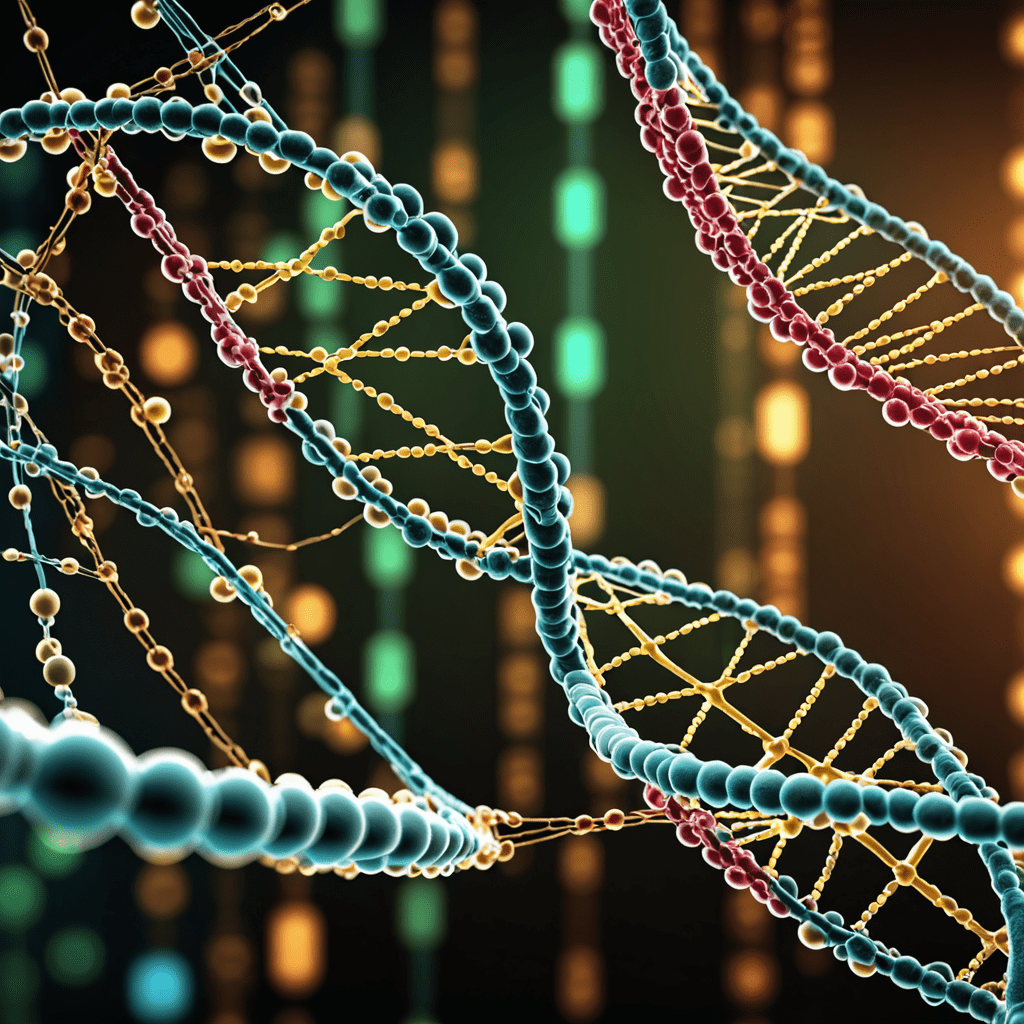Biotechnology in Pharmaceuticals: Enhancing Drug Development
The Role of Biotechnology in Advancing Drug Development
In the realm of pharmaceuticals, biotechnology plays a crucial role in revolutionizing drug development processes. Biotechnology utilizes biological systems and organisms to develop new drugs, improve existing medications, and enhance treatment methods. By harnessing the power of biotechnology, pharmaceutical companies can create more targeted therapies with increased efficacy and reduced side effects.
Biotechnological Tools and Techniques
Biotechnological tools such as genetic engineering, recombinant DNA technology, and bioinformatics enable scientists to manipulate and analyze biological systems at the molecular level. These tools help in the discovery and development of novel drugs by understanding disease mechanisms, identifying drug targets, and optimizing drug formulations.
Biopharmaceuticals: The Future of Medicine
Biopharmaceuticals, including proteins, antibodies, and nucleic acids, represent a growing sector in the pharmaceutical industry. These complex biologics offer innovative treatment options for various diseases, ranging from cancer to autoimmune disorders. Biopharmaceuticals are designed to target specific pathways in the body, resulting in more personalized and effective therapies.
Advantages of Biotechnology in Drug Development
The integration of biotechnology in drug development brings numerous advantages, including accelerated drug discovery timelines, reduced development costs, and enhanced safety profiles. Biotechnological approaches also facilitate the production of biosimilars, providing more affordable alternatives to expensive biologic drugs.
Application of Biotechnology in Precision Medicine
Precision medicine, an approach that considers individual variability in genes, environment, and lifestyle for each person, has been greatly advanced by biotechnology. By analyzing genetic and molecular data, researchers can tailor treatments to specific patient populations, maximizing therapeutic outcomes and minimizing adverse reactions.
Challenges and Considerations in Biotechnological Drug Development
Despite its many benefits, biotechnological drug development also faces challenges such as manufacturing complexities, regulatory hurdles, and ethical concerns surrounding genetic manipulation. Ensuring the safety and efficacy of biopharmaceuticals remains a critical focus for researchers and regulatory agencies.
The Future of Biotechnology in Pharmaceuticals
As technology continues to evolve, the synergy between biotechnology and pharmaceuticals will drive innovation in drug development. From personalized medicine to gene editing therapies, the future holds promising advancements that will shape the way we treat diseases and improve patient outcomes. Embracing the potential of biotechnology in pharmaceuticals is key to unlocking a new era of healthcare.
FAQs about Biotechnology in Pharmaceuticals
What is biotechnology’s role in enhancing drug development?
Biotechnology plays a crucial role in drug development by utilizing biological systems and organisms to create innovative treatments, improve drug efficacy, and enhance patient outcomes.
How does biotechnology contribute to the pharmaceutical industry?
Biotechnology enables the development of biopharmaceuticals such as vaccines, gene therapies, and monoclonal antibodies, offering targeted and personalized treatment options for various diseases.
What are some examples of biotechnological advancements in drug development?
Recent advancements include the use of genetic engineering to produce bioengineered proteins like insulin, the development of mRNA vaccines, and the application of CRISPR technology for gene editing in drug discovery.
How does biotechnology help in speeding up the drug development process?
Biotechnology allows for faster identification of drug targets, more efficient drug screening processes, and the ability to tailor treatments to specific genetic profiles, ultimately accelerating the drug development timeline.

